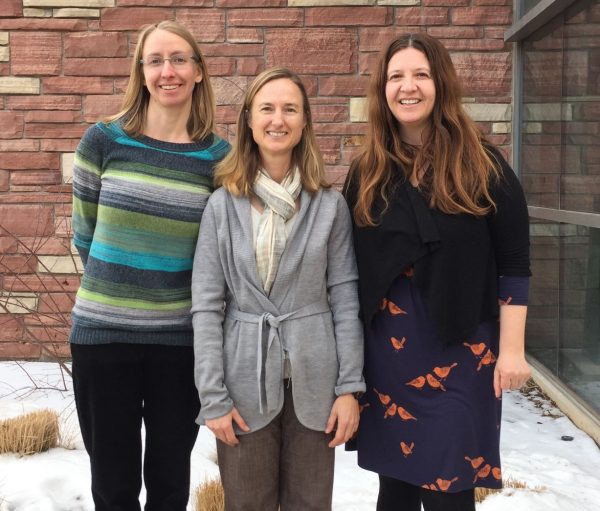Context

This website grew out of a seminar funded by the Carl A. Bimson Endowment for the Humanities, a charitable gift to the College of Liberal Arts at Colorado State University to promote community engagement on key issues. The seminar, "Challenging Student Perceptions of the Middle East and North Africa," took place from June 18th through June 22nd, 2018, on the campus of Colorado State University (CSU) in Fort Collins, Colorado. It was facilitated and led by three CSU faculty members: Dr. Gamze Çavdar, Associate Professor of Political Science, Dr. Andrea Duffy, Special Assistant Professor of History, and Dr. Mary Vogl, Associate Professor of French.
This initiative was originally inspired by a study conducted by Dr. Çavdar designed to identify and target student biases regarding the Middle East / North Africa (MENA) region. The study took a total of three years and involved 142 students from three sections of a Colorado State University (CSU) course, POLS241-Introduction to Government and Politics, a course in the all-university core curriculum, and a prerequisite for all Political Science and International Studies majors at CSU. The research revealed that many students share the following misconceptions about MENA: that the region is fundamentally different from the rest of the word; that it does not make progress; that Islam determines every aspect of Muslims’ lives; and that no diversity exists among Muslims. Comparative survey questions found that students consider MENA is unique and holds stronger biases compared to our regions. The study also found that the lectures that directly targeted these biases were effective in lowering them. Along with her co-facilitators, Dr. Çavdar believed that a concerted effort by K-12 teachers and university professors, with input from regional experts, would more effectively target these biases.
The seminar "Challenging Student Perceptions of MENA" hosted eleven K-12 teachers from across the U.S., who had the opportunity to learn from and engage with the seminar leaders as well as various guest speakers, panelists, and facilitators. They also toured the Fort Collins Islamic Center. Throughout the seminar, small group discussions were organized to discuss ways of transferring the acquired knowledge into a K-12 classroom. At the end, participants presented final projects on a classroom activity related to MENA. This website represents an ongoing effort to build on the momentum of that seminar and to provide students and educators outside of MENA with resources that will better inform them about this diverse, complex, critical, and commonly misunderstood world region.